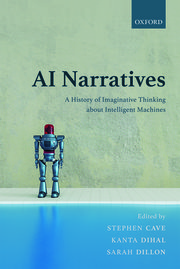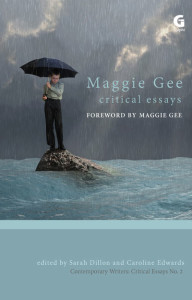The first volume in my Contemporary Writers: Critical Essays series in its new home at Routledge is now available for pre-order! Edited by Michael Kalisch and featuring contributions from emerging and established scholars, Benjamin Markovits: Critical Essays provides fresh perspectives on Markovits’s place in the contemporary literary field, as well as offering a detailed survey of his work to date. It’s wonderful to see the first book in the new life of the series coming through. Do get in touch if you have an idea for a conference and collection in the series.
“The collection begins with Markovits’s early ‘campus novel’, The Syme Papers (2004), before exploring his celebrated ‘Byron Trilogy’, and the 2005 story-cycle, Either Side of Winter. Contributors consider Markovits’s best-known book, You Don’t Have to Live Like This, which won the James Tait Memorial Prize, as well as his more recent fictions focusing on the trials and tribulations of the Essinger family. Taken together, this authoritative collection brings to light the many preoccupations of Markovits’s singular oeuvre—from Byron to basketball, from race relations to real estate. It also includes a frank and wide-ranging interview with the author.”





